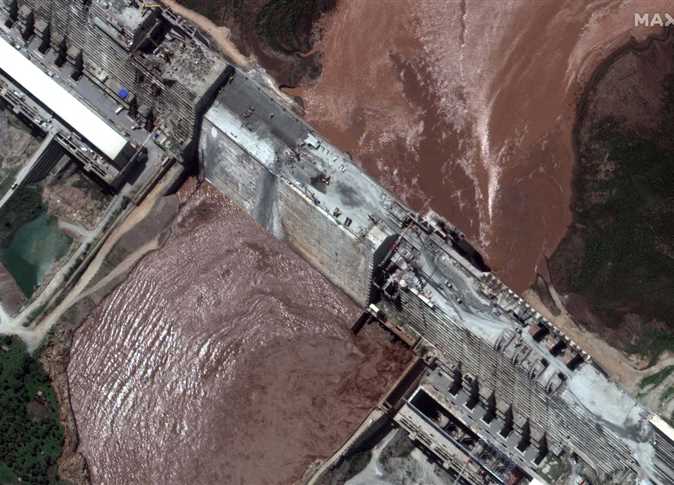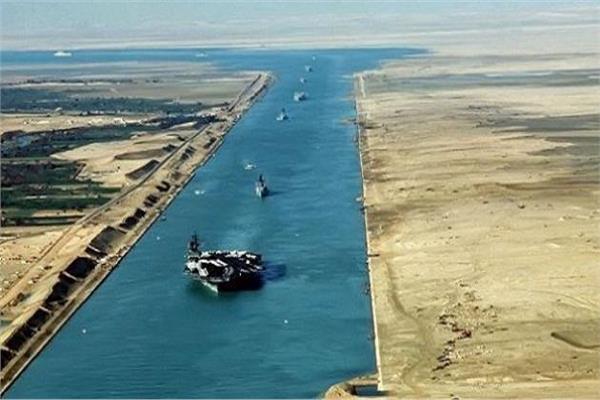
About 229 people were killed in a landslide in southern Ethiopia on Monday, after heavy rains fell on the region.
Ethiopian authorities explained on Tuesday that the disaster occurred in Gofa, a mountainous rural area, more than 450 kilometers from the capital, Addis Ababa.
According to the region’s Department of Communications Affairs, the death toll reached 229.
The accident raised concerns about the possibility of these landslides harming the Grand Ethiopian Renaissance Dam (GERD).
Professor of Geology and Water Resources at the Cairo University Abbas Sharaky said that the current slides will not directly affect the GERD, but warned that the rainwater from these areas carries rock masses that reach the dam and are deposited in it.
He explained: “These blocks reduce the lifespan of the dam, as it is measured by the amount of silt that fills its lake, and calculations have shown that silt reduces the storage capacity of the dam by one billion cubic meters every five years.”
How possible is collapse?
According to Sharaky, the structural design of the GERD is hazardous as the dam is concave in the direction of the water, which violates international dam regulations.
He warned that these factors expose the dam to great risks, as it may not withstand large amounts of storage, especially in cases of severe floods or heavy rains.
According to the professor, though dam may not collapse anytime soon, there is a possibility it may within five to ten years.
The mountainous areas in the headwaters of the Nile Basin increasingly witness landslides during the rainy season and floods, he said, adding that heavy rains cause water to seep into the ground layers, which leads to an increase in their weight as it absorbs large amounts of water.




